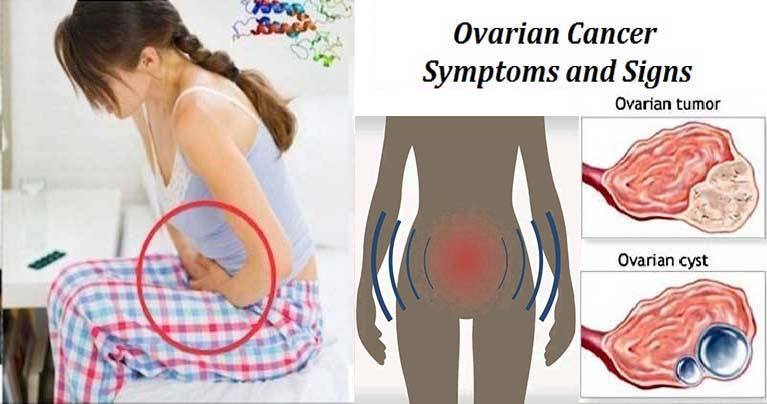Nowadays, cancer has become one of the most common causes of death worldwide. In Canada, it caused 30% of the total deaths, more than any other disease. One particular type of cancer that affects women is ovarian cancer.
According to the American and Canadian Cancer Societies, this type has caused 1750 deaths in Canada and led to 2800 new diagnosed cases while in the U.S in 2016, it caused 14,240 deaths and resulted in 22,280 new cases.
What Does Ovarian Cancer Mean?
The ovaries are female reproductive glands which consist of three types of cells: epithelial, germ and stromal.
When these cells start to grow abnormally, they develop into tumors which can be cancerous or non-cancerous. The cancerous type of cancer is a silent killer because it lacks symptoms and it ‘s hard to detect with screening. This condition is the most common in the post-menopausal period, and it is even prevalent in women in their 30s and 40s.
According to research conducted in the UK, an early detection of cancer can significantly increase the chance of survival. So, it is of crucial importance to do a regular check-in of your body.
Smear tests detect malignant cysts, and the CA125 tests often provide false negative results. Also, some of the ovarian cancer symptoms are mistaken for diseases such as IBS. This condition leads to undiagnosed early stages of cancer until they reach the third stage and appear as lumps in the abdomen.
According to recent research, some symptoms and signs indicate an early-stage ovarian cancer, so, women must pay attention to them.
4 Symptoms that May Indicate an Ovarian Cancer:
1. Constant Bloating
If you notice some consistent bloating (for more than three weeks), this can be a potential sign of a cancerous tumor.
2. Abdominal and Pelvic Pain
Some normal pain usually characterizes the menstrual period. However, if you experience menstrual cramps in the pelvic region, lower stomach and even the lower back that stick around until the period is gone this can be a potential sign of ovarian cancer. Post-menopausal women should be especially careful with these symptoms because they shouldn’t feel any pain at all.
3. Difficulty eating/feeling full
If there is a significant decrease in your appetite for a longer period than three weeks, consult your doctor. This can also indicate intestine, stomach, bowel problems and ovarian cancer.
4. Increased need to urinate
If there are no changes in your liquid intake, but still experiencing an increased need for urination, you may have an early stage ovarian cancer.
These symptoms can be easily mistaken for diseases connected to the gastrointestinal tract. So, make sure you monitor the persistent and frequency of these symptoms. If the symptoms are present for three weeks or more, consult your doctor about additional analyses of Ovarian cancer.
So, it is of crucial importance to monitor your health as a woman, because some early symptoms can save your life.

